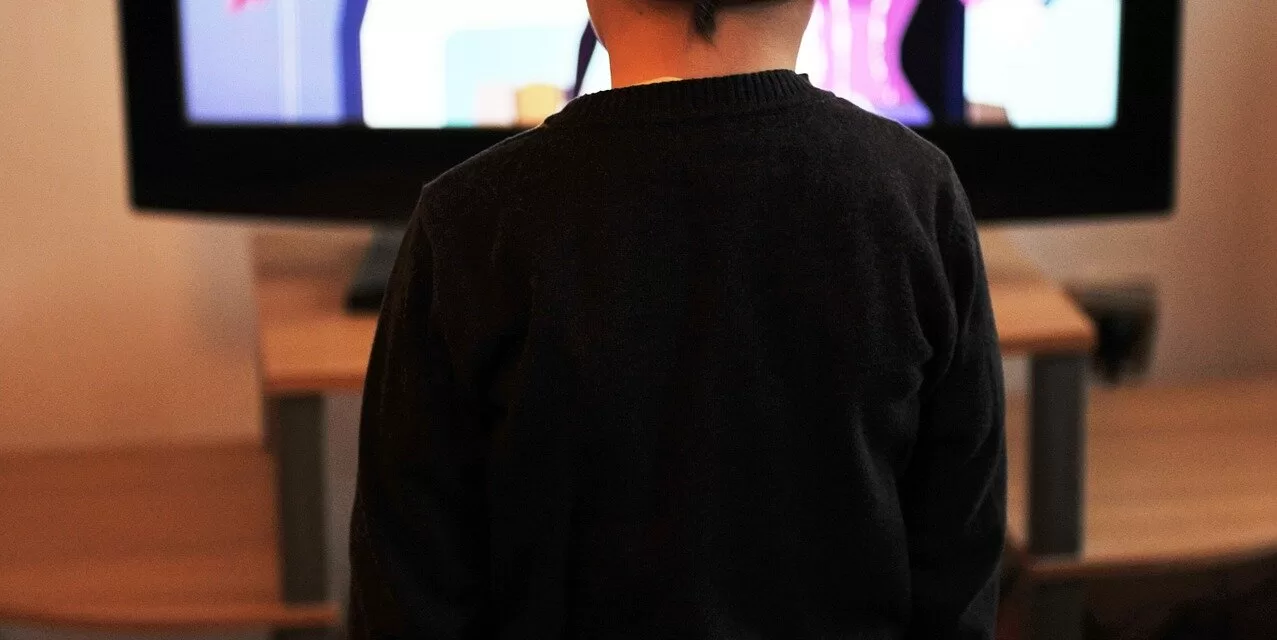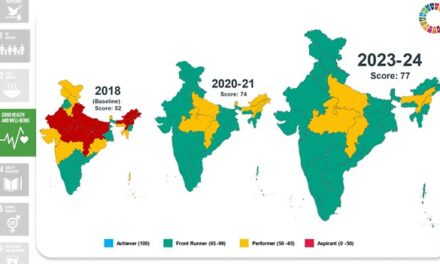A groundbreaking study involving researchers from 20 nations has revealed that toddlers frequently exceed recommended screen time limits, with television and smartphones being the most commonly used devices. The study found a strong correlation between higher screen exposure and lower language development scores, while book exposure and shared screen time with adults were linked to improved language skills.
Screen Time and Development: A Growing Concern
The increasing use of screens among children, particularly in the post-COVID-19 era, has raised concerns about its impact on early cognitive and motor development. Prior research has already suggested negative effects of excessive screen time on early language acquisition, socioemotional development, and self-regulation skills. Pediatric associations recommend avoiding screen use for children under two and limiting supervised use for older toddlers.
Study Insights: Screen Time vs. Language Development
The study, titled “Use of Screens, Books and Adults’ Interactions on Toddler’s Language and Motor Skills: A Cross-Cultural Study Among 19 Latin American Countries from Different SES,” was published in PLOS ONE. Researchers analyzed data from 1,878 toddlers aged 12 to 48 months across Latin America between August 2021 and March 2023. The study assessed screen usage, shared media engagement, book exposure, language skills, and developmental milestones through parent-reported surveys. Socioeconomic status (SES) was determined based on parental education, occupation, and access to basic needs.
Findings indicated that television, including background TV, was the most frequently used medium, with average daily exposure exceeding one hour. Entertainment content dominated screen consumption, followed by music and educational programs. While screen exposure showed little variation across SES and nationality, families with lower SES reported less book use and fewer educational resources.
The Impact of Screen Time on Language Development
A negative association was found between screen exposure and language development, particularly in cases of background and general TV viewing. Higher screen time correlated with reduced lexical density and delayed language milestone achievement. In contrast, book exposure and shared screen engagement with adults were positively linked to improved language skills. The study did not find a significant correlation between screen use and motor development.
These findings reinforce previous research indicating that excessive screen exposure can hinder early language development. However, shared screen time with adults and exposure to appropriate content may help mitigate some of these effects. As screen usage continues to grow, researchers suggest that future studies should employ experimental designs to isolate variables and determine their precise impact.
More Information: Lucas G. Gago-Galvagno et al, Use of Screens, Books and Adults’ Interactions on Toddler’s Language and Motor Skills: A Cross-Cultural Study Among 19 Latin American Countries from Different SES, PLOS ONE (2025). DOI: 10.1371/journal.pone.0314569
Journal Information: PLOS ONE
Disclaimer: This article is for informational purposes only and does not constitute medical or parenting advice. Parents and caregivers should consult pediatricians or child development experts for guidance on appropriate screen time for young children.











